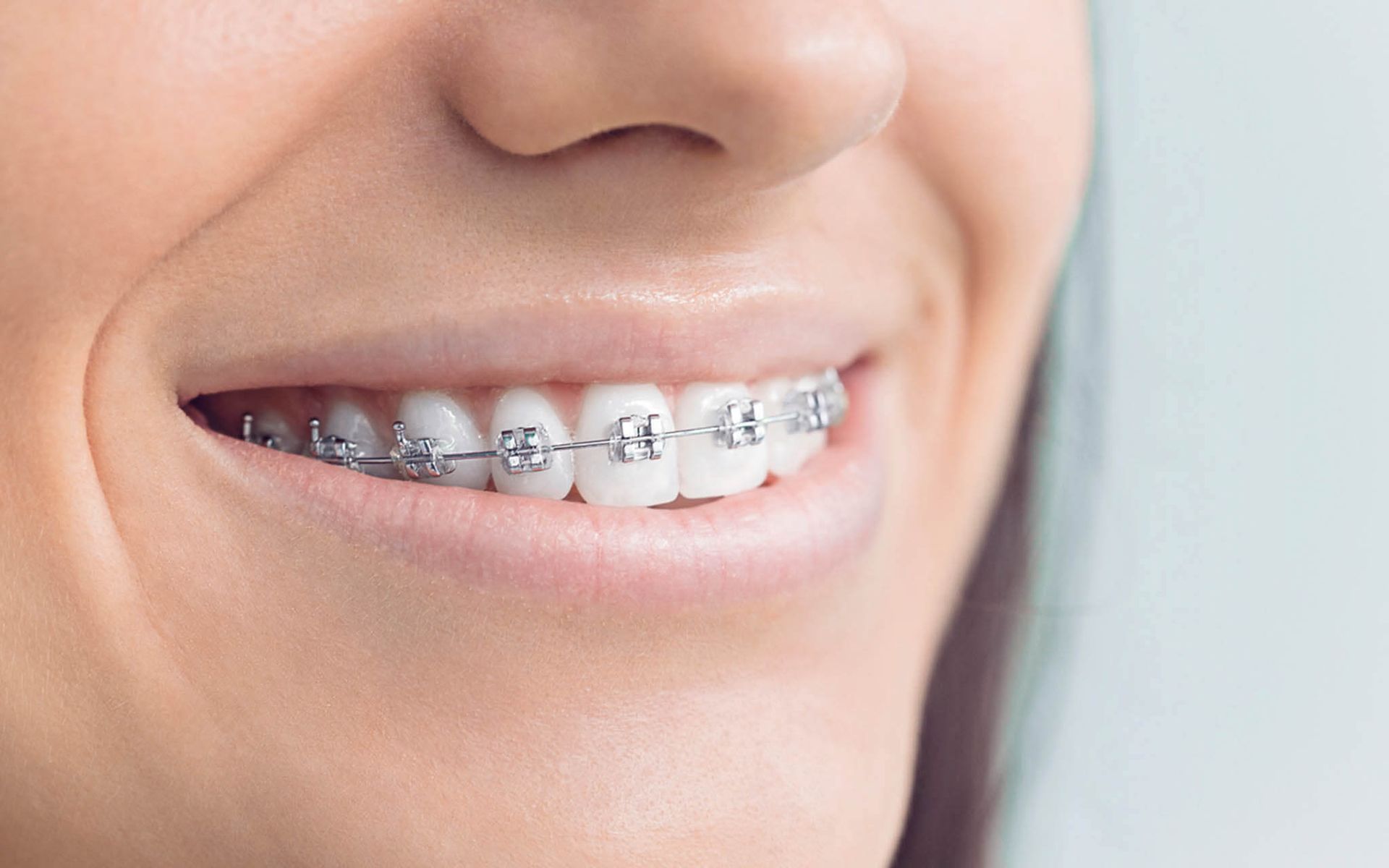What Kind Of Toothache Do I Have?
Toothache can be among the most uncomfortable and frustrating sensations. If you’re experiencing pain in and around your teeth, you may be unsure why it’s happening and what’s causing it.
Read on to become informed about the different types of toothache and what they mean for your teeth, as well as where to go to seek help.
What is toothache?
Toothache refers to pain you feel in and around your teeth.
Minor toothaches are caused by temporary gum inflammation and can often be treated at home, whereas more serious pains may be caused by ongoing oral health issues and therefore will require professional dental assistance to get rid of.
Finding out the cause of your toothache is crucial to treating it properly.
What causes toothache?
Toothache occurs when the innermost layer of the tooth - the pulp - becomes inflamed. The pulp consists of soft material filled with nerves, tissues and blood vessels, which is why your toothache can feel so painful.
Toothache can be caused by a number of factors. These include:
● Tooth decay
● A cracked tooth
● An abscessed tooth
● A damaged filling
● Receding gums
● Periapical abscess (a collection of pus at the end of the tooth caused by a bacterial infection)
Some conditions cause discomfort that feels very similar to toothache, even though the pulp is not directly affected. These include:
● Ulcers on your gums
● Periodontal abscess (a collection of pus in the gums caused by a bacterial infection)
● Eruption (teeth coming out of the gums) or removal of a tooth (for example, wisdom teeth)
● Sinusitis
How should I treat my toothache?
The cause of your toothache affects how you should treat it. In some cases, symptoms may ease up after a few days of using home remedies or sometimes they may even go away on their own. However, some circumstances will call for professional dental treatment.
Home remedies
There are several things you can do at home to ease the discomfort of your toothache. These can include:
● Eating soft foods such as eggs and yoghurts, and making sure you avoid food that is very hot or very cold.
● Rinsing your mouth with saltwater. This can act as a disinfectant and reduce inflammation.
● Using a cold compress to decrease swelling and pain.
● Applying natural and herbal remedies such as clove oil, garlic and peppermint tea.
Professional dental treatment
There will be other instances where you’ll require professional dental treatment. It’s a good idea to visit a dentist if your tooth hurts for over two days. You may need to undergo an X-ray to determine the cause of the problem.
If you’re suffering from tooth decay, your dentist will remove the affected area and replace it with a filling. In some cases, root canal treatment might be necessary if the pulp inside your tooth is infected. Tooth removal may be considered if all other methods are exhausted.
If you’re concerned about toothache, you might benefit from seeking
emergency dental care and speaking to local dentists. Acorn Dental Health is a family-friendly dental practice that puts our patients at the heart of everything we do.
Contact us now to find out how we can help you.










